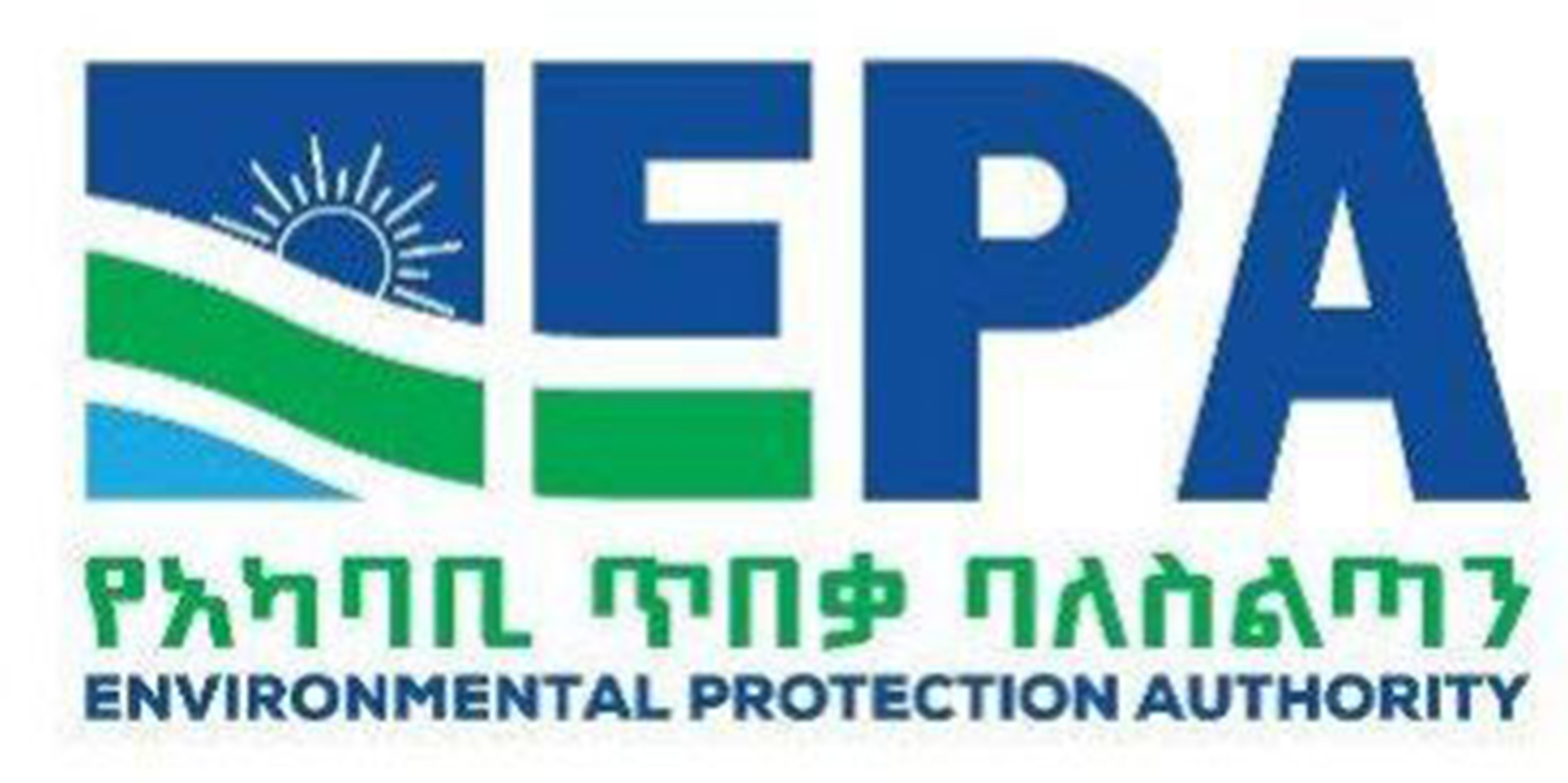An audit by the Federal Auditor General has revealed a critical two-decade-long gap in the implementation of Ethiopia’s environmental protection laws, raising concerns about the country’s ability to safeguard its natural resources. The report highlights significant shortcomings in the legal framework that have hindered effective enforcement and oversight since the enactment of the Environmental Impact Assessment (EIA) Proclamation No. 299/2003.
Environmental impact assessments are vital tools globally used to evaluate the potential effects of development projects on the environment and communities before work commences. Their purpose is to prevent or mitigate harm to ecosystems, public health, and local populations. However, the audit found that due to the absence of necessary supporting regulations, Ethiopia’s EIA law has failed to achieve its intended impact for 22 years.
The report points to serious deficiencies stemming from this regulatory void, including the lack of official guidance on how EIA reports should be prepared, reviewed, and evaluated. This absence of a standardized legal process has led to confusion, overlapping responsibilities, and ineffective assessments.
Public participation, a cornerstone of effective environmental oversight, is also inadequately addressed. The audit notes that there are no clear guidelines defining when and how local communities and other stakeholders should be involved in the EIA process, undermining transparency and accountability.
Furthermore, the audit highlights the absence of an official list specifying which projects require an environmental impact assessment and which do not—another significant gap impeding enforcement.
The report also criticized Ethiopia’s broader environmental policy framework, which has not been updated since 1997 despite plans for revision in 2016 EC. Additionally, the audit found that international best practices from other countries have not been sufficiently integrated into Ethiopia’s environmental governance systems.
Responding to the findings, officials from the Environmental Protection Authority (EPA) acknowledged the problems and confirmed that a new Environmental Impact Assessment bill has been drafted, approved by the Council of Ministers, and is now awaiting parliamentary approval. They also indicated that an updated list of projects requiring EIAs will be developed soon.
Nonetheless, the audit warns that without clear procedures and robust implementation mechanisms, large-scale development projects—including infrastructure and industrial ventures—may proceed without adequate environmental safeguards. This poses serious risks to Ethiopia’s fragile ecosystems, air quality, water resources, and public safety.
The report underscores the urgent need for comprehensive regulatory reforms and the establishment of effective enforcement systems to ensure Ethiopia’s environmental laws fulfill their critical role in sustainable development and natural resource protection.



